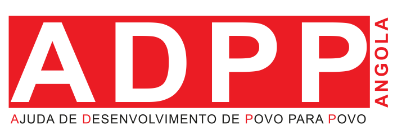In the three target municipalities of Angola, ADSWAC adopts a structured, participatory, and sustainable approach to strengthening food security. Among other activities, it focuses on reducing post-harvest losses, improving the quality of stored food, increasing household income, and promoting food security.
In the municipality of Cuangar, the project has equipped vulnerable communities with practical knowledge, enabling them to effectively address the agricultural and climatic challenges characteristic of the region. Through ongoing training of members of producer organizations and local communities, the project covers all stages of the production chain—from soil preparation to harvesting and proper storage of products.
In the communities of Aironga and 17 de Setembro, around 80 producers actively participate in training activities, both in group sessions and individualized support (such as training and community meetings). The training content is tailored to the local context, focusing on the use of resources available within the community.
The techniques taught aim to prevent losses caused by pests, diseases, delayed harvesting, and inadequate storage. In addition, participants are trained to calculate food reserves taking into account irregular climate patterns, ensuring supply even during prolonged periods of drought.
The project also includes training in seed selection and preservation, the creation of community seed banks, and strategies for market access—promoting the value of local products and the commercialization of surpluses.
In this way, the ADSWAC project has established itself as a leading actor in promoting food security and strengthening the resilience of rural communities in the face of climate change, significantly contributing to sustainable development in the Cuando and Cubango regions.
Read more about the project here:


